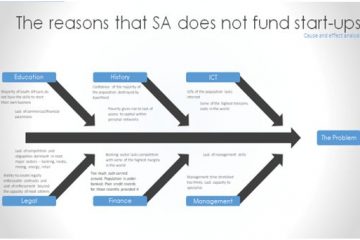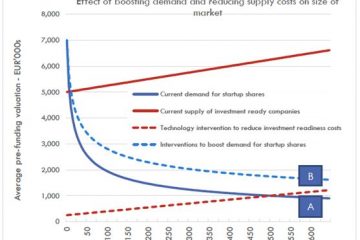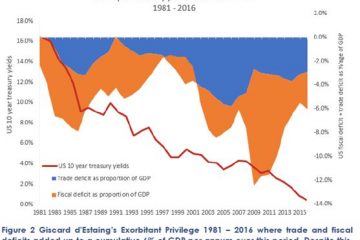Why we believe Entrepreneurs like you will transform South Africa
Because you create the world’s jobs!
In Uganda, one of the world’s poorest economies, 65% of all jobs were created by start-ups. In Norway, which has a $1 trillion sovereign wealth fund to share between its 5 million citizens, 57% of all new jobs were created by Startups. South Africa stands in between these two extremes with 62% of jobs created by its start-ups. When one include small and medium sized businesses, over 100% of net jobs created in the USA, 85% of net jobs created in the UK and an estimated 90% of net new jobs in South Africa were created by SMEs.
Having established the link between employment and government’s ability to service bonds and personal consumption to sustain corporate profits, the next question that needs to be addressed is what types of organisations need to be supported to create the jobs the economies need.
To answer this question, we are indebted to the decade-and-a-half of free research conducted by The Global Entrepreneurship Monitor9 (” GEM”), which since 2002 has performed in-depth research into the link between entrepreneurship and job creation, where their teams have sampled a vast array of metrics relating to entrepreneurship of more than 80% of the world’s population. Those sampled are resident in the 65 of the world’s most populated countries GEM have analysed. Its findings have striking policy implications. The world’s Total Entrepreneurial Activity (“TEA”) (i.e. those who are running their own business as their primary source of income) is counter-intuitively high at 15% of the adult population (which is defined as people aged between 15 – 64). With 65% of the world’s population of 7.6 billion within this adult age group, there are 5 billion adults and based on GEM’s 15% global TEA, there are 750 million entrepreneurs. Most entrepreneurs do – and expect in the foreseeable future – to run small businesses, and therefore do not have the ambition to be categorised as “High Expectation Entrepreneurs”. These are assumed in this document to be unfundable and therefore out of scope, which is defined in the following way: A High Expectation Entrepreneur is defined as a person who is currently starting a business and intends to employ more than 20 people in the next five years. The Global Entrepreneurship Monitor’s 2004 report estimates that 9% of entrepreneurs globally could be defined as “High Expectation Entrepreneurs”.10 Further analysis performed by GEM in the South African economy shows that when including their own employment, entrepreneurs employed almost 50% of the South African population with 4.1 million of the 8.3 million jobs in existence in 2004.
As the graph above shows, job creation is surprisingly similar for three economies at dramatically different stages of their development. The 2% most successful start-ups created 25% of net new jobs in Tanzania, a low-income country. South Africa’s “Top 2%” created 31% of net jobs and in the UK, 29%. Elsewhere, in the GEM analysis in 2004, they found that start-ups created 62% of jobs globally, with the lowest at 57% and the highest at 65%. When SME’s were added over 90% of all net jobs created were created by this sub-group globally. Even SME’s in high income countries such as the UK, which under-performs on the TEA relative to its peers, achieved similar results to Tanzania and South Africa which GEM defined as low income and middle-income economies respectively.
The research shows that across a wide range of levels of GDP per capita, the contribution to job creation by entrepreneurs is consistent and the impact is counter-intuitively high. It is therefore reasonable to assume that all stakeholders should focus policy research and investment on maximizing the capacity of the “Top 2%” to create employment regardless of the stage of economy development of the host country.



0 Comments